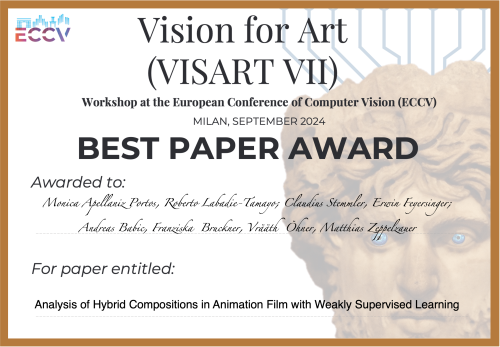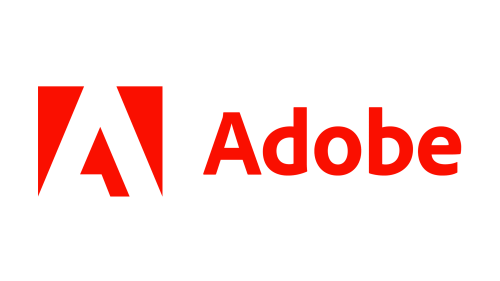Vision for Art
VISART VII
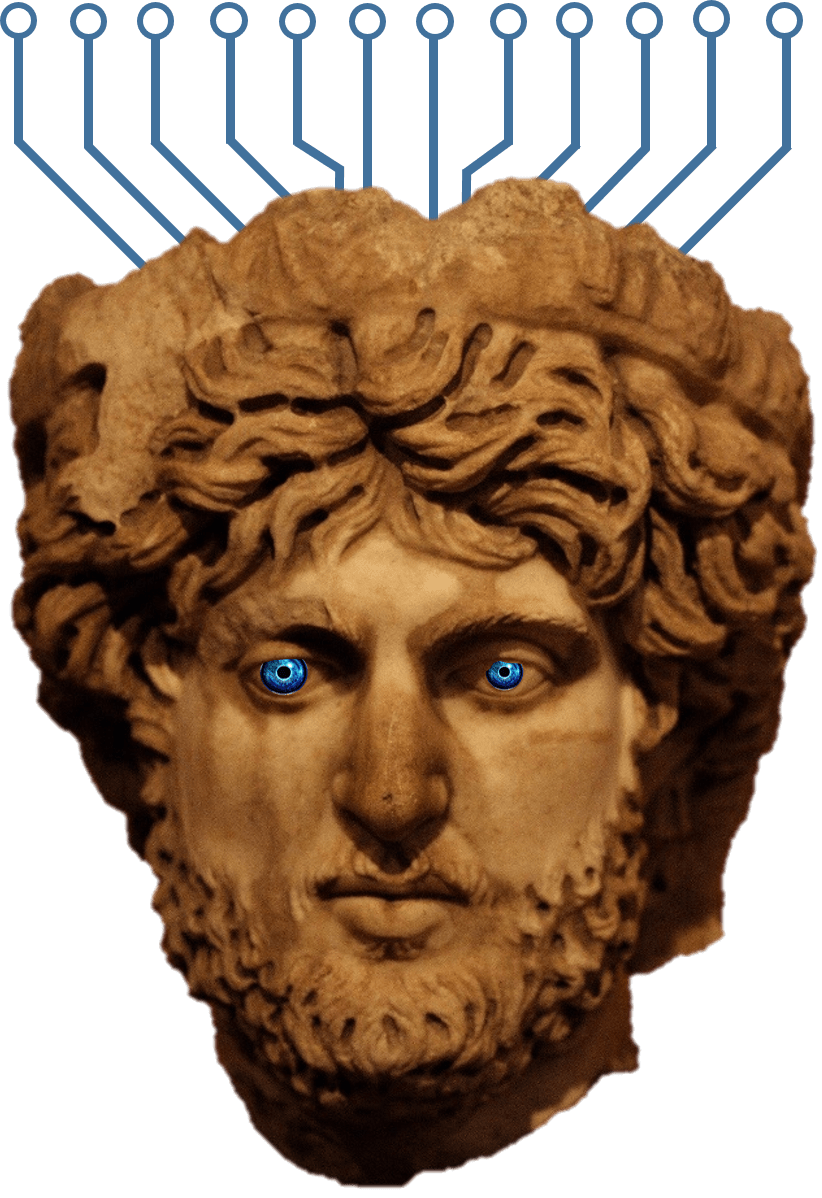
Workshop at the European Conference of Computer Vision (ECCV)
Milan (Italy), Half-Day on 30th September 2024

Milan (Italy), Half-Day on 30th September 2024
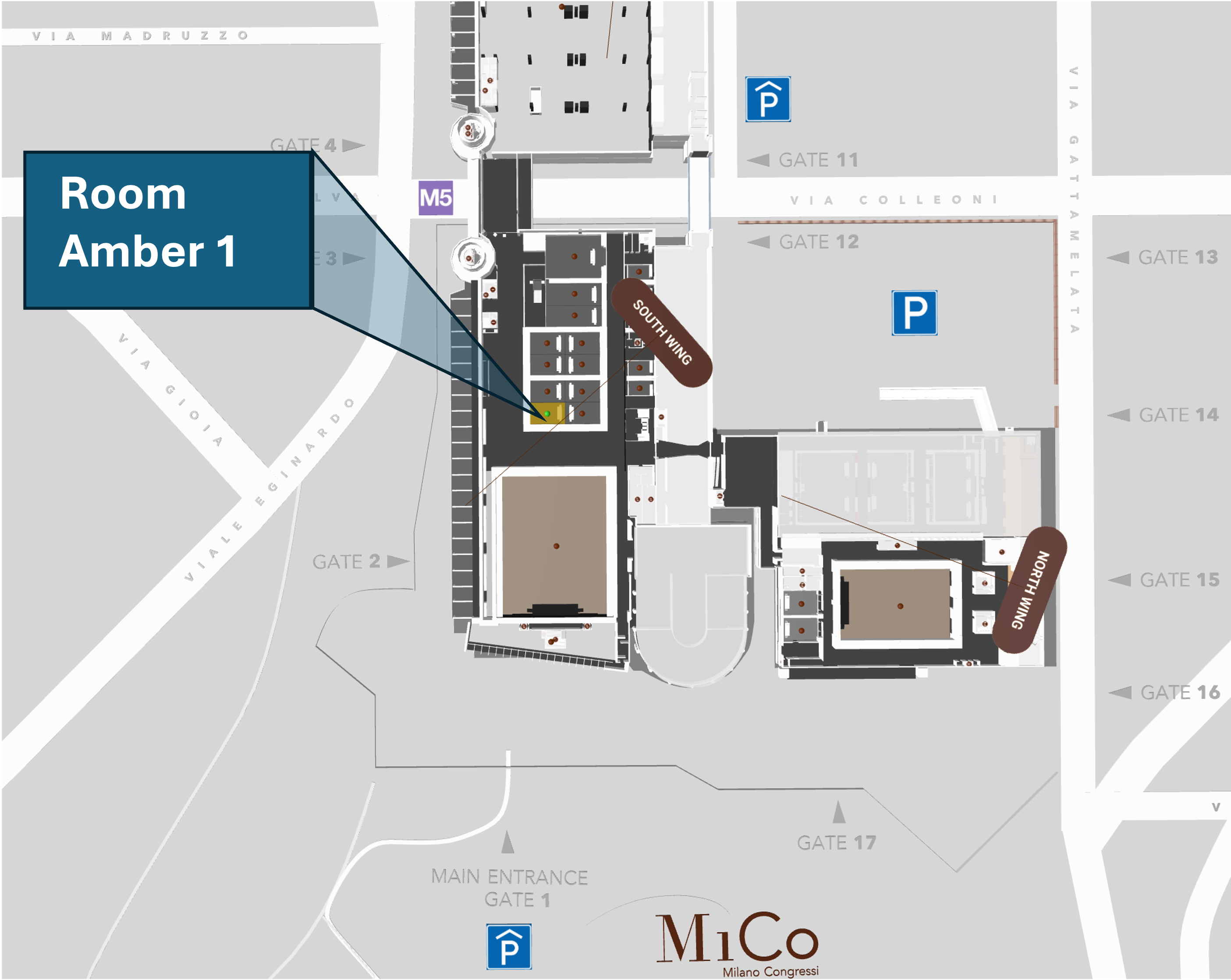
Following the success of the previous editions of the Workshop on Computer VISion for ART held in 2012, `14, `16, `18, `20, `22 we present VISART VII. VISART will continue its role as a forum for the presentation, discussion and publication of Computer Vision (CV) techniques for the understanding of art. The explosion in the generative art, digitization of artworks and digitally-born art highlights the importance of application in the overlap between CV and art; such as ways to reason, connecting language, structuring data (i.e. databases) for Art to Cultural Heritage.
As with the prior edition, VISART VII offers two tracks:
1. Computer Vision for Art - technical work (standard ECCV submission, 14 page excluding references, appearing in proceedings)
2. Uses and Reflection of Computer Vision for Art (Extended abstract, 4 page, excluding references, NOT appearing in proceedings)
New in this edition of the VISART Workshop we introduce a panel session with renowned experts from Computer Vision and Digital Humanities with the panel members TBA.
The recent explosion in the digitisation of artworks highlights the concrete importance of application in the overlap between CV and art; such as the automatic indexing of databases of paintings and drawings, or automatic tools for the analysis of cultural heritage. Such an encounter, however, also opens the door both to a wider computational understanding of the image beyond photo-geometry, and to a deeper critical engagement with how images are mediated, understood or produced by CV techniques in the `Age of Image-Machines' (T. J. Clark). Submissions to our first track should primarily consist of technical papers, our second track therefore encourages critical essays or extended abstracts from art historians, artists, cultural historians, media theorists and computer scientists.
The purpose of this workshop is to bring together leading researchers in the fields of computer vision and the digital humanities with art and cultural historians and artists, to promote interdisciplinary collaborations, and to expose the hybrid community to cutting-edge techniques and open problems on both sides of this fascinating area of study.
This workshop in conjunction with ECCV 2024, calls for high-quality, previously unpublished, works related to Computer Vision and Cultural History. Submissions for both tracks should conform to the ECCV 2024 proceedings style and will be double-blind peer reviewed by at least three reviewers. However, extended abstracts will not appear in the conference proceedings. Papers must be submitted online through the CMT submission system at:
Best Paper Prize: There is an award for the best paper in the Computer Vision for Art - Technical Work track, with a cash prize sponsored by Adobe.
Multi-modal multimedia systems and human machine interaction
Computer Vision for cultural heritage
Image and visual representation in art and visual culture
Paper formatting: Papers are limited to 14 pages (for full) or 4 pages (for Extended Abstracts), including figures and tables, in the LNCS style of Springer. Additional pages containing only cited references are allowed. Please download the ECCV 2024 Author Kit for detailed formatting instructions. Note also that the template has changed since ECCV 2022. Authors must thus use this new template instead of templates from older conferences.
The ECCV 2024 Author Kit for LaTeX can be obtained in three ways:
Authors wishing to write their paper in Microsoft Word must use the official Springer LNCS Word template and ensure that their submission is formatted to match the formatting set forth in the ECCV 2024 Author Kit as closely as possible.
9th July 2024 10:00 PM CET 3rd July 2024 10:00 PM CET
12th August 2024
25nd August 2024 10:00PM CET
31st August 2024 10:00PM CET
30th September 2024
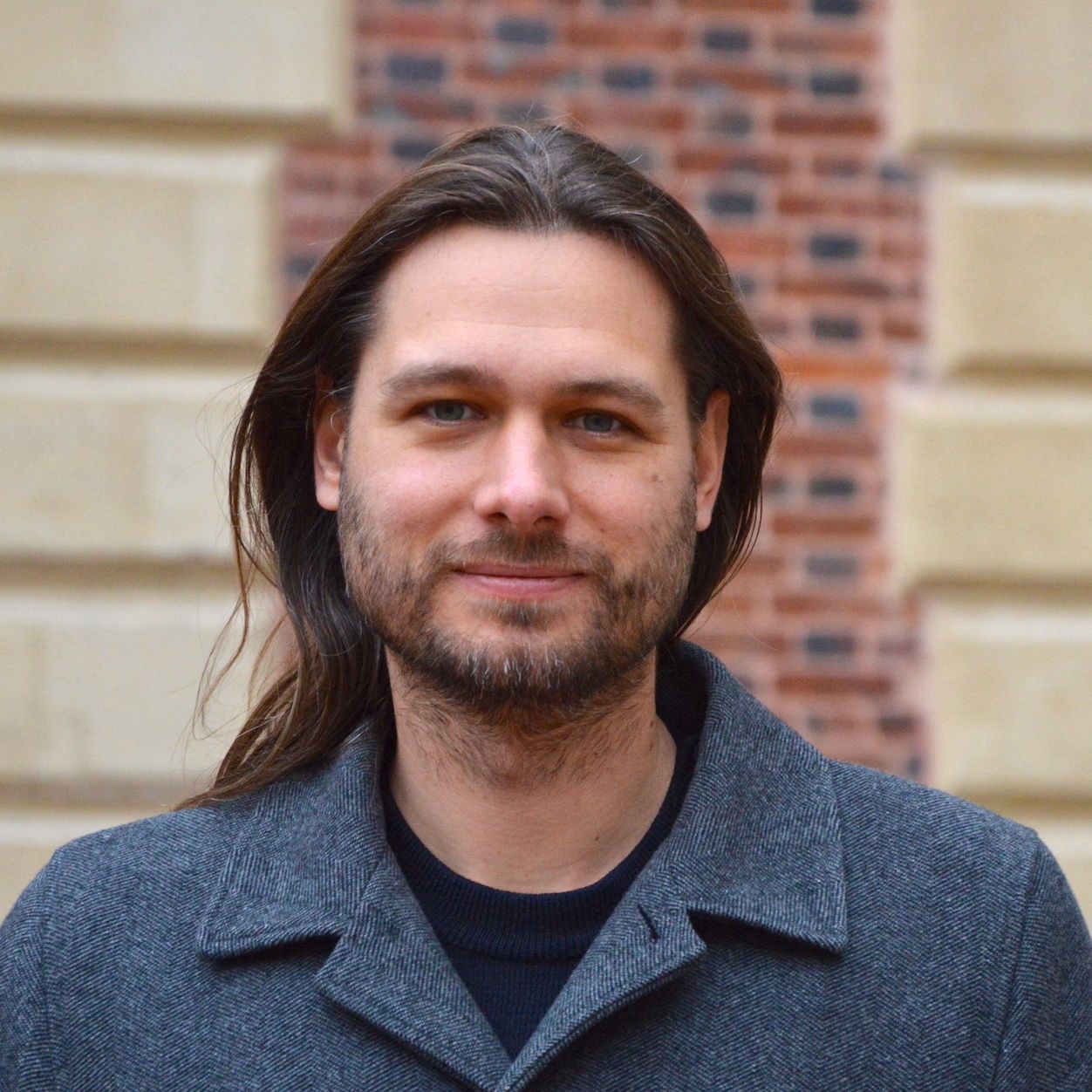
Dr. Mathieu Aubry is a tenured researcher in Computer Vision at Êcole des Ponts ParisTech in the LIGM lab (UMR8049). He obtained his PhD at ENS in 2015, co-advised by Josef Sivic (INRIA) and Daniel Cremers (TUM). In 2015, he spent a year working as a postdoc with Alexei Efros in UC Berkeley. He has a leading role in the ANR EnHerit, VHS and EIDA projects and the ERC DISCOVER project on interpretable visual structures discover.
Interdisciplinary scientific collaborations are often particularly rewarding, but also challenging. I will first discuss how some problems Historians are facing can motivate innovative research on challenging Computer Vision problems. I will focus on interpretable object discovery, and detail the case of Paleographic analysis with our prototype-based Learnable Typewriter approach. I will then discuss why I believe adequate open-source web tools are required to foster successful collaborations with Historians. In particular, I will present and showcase our new AIKON web plateforme, designed to enable Historians to exploit Computer Vision tools on large digitized document corpora. Our initial release includes tools for illustration segmentation, similarity search, and Mathematical diagram vectorization, but the plateform is designed to easily incorporate new modules.
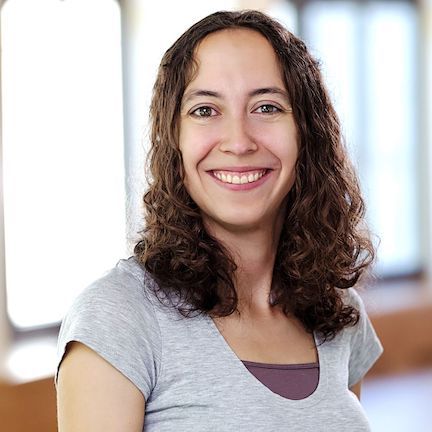
Dr. Olga Russakovsky is an Associate Professor in the Computer Science Department at Princeton University. Her research is in computer vision, closely integrated with the fields of machine learning, human-computer interaction and fairness, accountability and transparency. In addition to her research, she co-founded and continues to serve on the Board of Directors of the AI4ALL nonprofit dedicated to increasing diversity and inclusion in Artificial Intelligence (AI).

Dr. Mathieu Aubry is a tenured researcher in Computer Vision at Êcole des Ponts ParisTech in the LIGM lab (UMR8049). He obtained his PhD at ENS in 2015, co-advised by Josef Sivic (INRIA) and Daniel Cremers (TUM). In 2015, he spent a year working as a postdoc with Alexei Efros in UC Berkeley. He has a leading role in the ANR EnHerit, VHS and EIDA projects and the ERC DISCOVER project on interpretable visual structures discover.
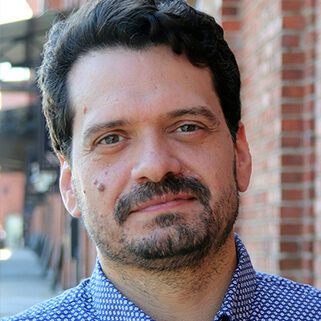
Augustus E. Wendell is an Assistant Professor of the Practice in the Department of Art, Art History and Visual Studies at Duke University. He completed his MFA in Computer Art at The School of Visual Arts and his undergraduate studies at Northeastern University. Augustus has held appointments at Parsons the New School for Design, The New York School of Interior Design, Virginia Tech and the New Jersey Institute of Technology where he was program coordinator for the Digital Design program.
Augustus researches the application of computational processes to design, fine art and historical research. He has a concentration in the application of image and model based workflows to aid in the study of complex geographic and spatial conditions. Through modeling, simulating and ethnographic field research Augustus has developed a diverse body of work centered on questioning the relationship of the post-human to culture of perception, control and mediation therein.
Welcome, Stuart James
"Mining and discovery in historical documents, and collaborations with historians", Mathieu Aubry
Session Chair: Nanne van Noord
"DIFF-NST: Diffusion Interleaving For deFormable Neural Style Transfer" Dan Ruta (University of Surrey), Gemma Canet Tarrés (CVSSP, University of Surrey), Andrew Gilbert (University of Surrey), Eli Shechtman (Adobe Research, US), Nicholas I Kolkin (Adobe Research), John Collomosse (Adobe Research)
(Uses) "Saliency-driven 3D Reconstruction and Printing for Accessible Museums" Cristiana Sofica (University of Venice), Elisa Vargiu (University of Padova), Mara Pistellato (University of Venice), Lucia Lionello (University of Padova), Gianmaria Concheri (University of Padova)
(Uses) "Gaussian Heritage: 3D Digitization of Cultural Heritage with Integrated Object Segmentation" Mahtab Dahaghin (Istituto Italiano di Tecnologia), Myrna Citlali Castillo Silva (Istituto Italiano di Tecnologia), Kourosh Riahidehkordi (Istituto Italiano di Tecnologia), Matteo Toso (Istituto Italiano di Tecnologia), Alessio Del Bue (Istituto Italiano di Tecnologia)
(Uses) "Tangible Computer Vision for Heritage" Augustus Wendell (Duke University)
Accepted Posters (in addition to talks)
"Self-supervised disentangled representation learning of artistic style through Neural Style Transfer" Dan Ruta (University of Surrey), Gemma Canet Tarrés (University of Surrey), Alexander Black (University of Surrey), Andrew Gilbert (University of Surrey), John Collomosse (Adobe Research)
"Similar paintings retrieval from individual and multiple poses" Adrien Deliege (University of Liege), Maria Giulia Dondero (FNRS/University of Liège)
"NeAT: Neural Artistic Tracing for high resolution Style Transfer" Dan Ruta (University of Surrey), Andrew Gilbert (University of Surrey), John Collomosse (Adobe Research), Eli Shechtman (Adobe Research, US), Nicholas I Kolkin (Adobe Research)
"BackFlip: The Impact of Local and Global Data Augmentations on Artistic Image Aesthetic Assessment" Ombretta Strafforello (KU Leuven, Delft University of Technology), Gonzalo Muradas Odriozola (KU Leuven), Fatemeh Behrad (KU Leuven), Li-Wei Chen (KU Leuven), Anne-Sofie Maerten (KU Leuven), Derya Soydaner (KU Leuven), Johan Wagemans (KU Leuven)
"Cultural Heritage 3D Reconstruction with Diffusion Networks" Pablo Jaramillo (Universidad de Chile), Ivan Sipiran (Department of Computer Science, University of Chile)
"Novel Artistic Scene-Centric Datasets for Effective Transfer Learning in Fragrant Spaces" Shumei Liu (University of Erlangen-Nuremberg), Mathias Zinnen (Friedrich-Alexander Universität Erlangen-Nürnberg), Haiting Huang (Friedrich-Alexander Universität Erlangen-Nürnberg), Andreas K Maier (Pattern Recognition Lab, FAU Erlangen-Nuremberg), Vincent Christlein (Friedrich-Alexander-Universität Erlangen-Nürnberg)
(Uses) "From Fragments to Completeness: 3D Fresco Reconstruction" Adeela Islam (Istituto Italiano di Tecnologia (IIT)), Stefano Fiorini (Italian Institute of Technology (IIT)), Theodore Tsesmelis (Istituto Italiano di Tecnologia (IIT)), Gianluca Scarpellini (Istituto Italiano di Tecnologia (IIT)), Pietro Morerio (Istituto Italiano di Tecnologia (IIT)), Alessio Del Bue (Istituto Italiano di Tecnologia (IIT))
(Uses) "State-of-the-Art Fails in the Art of Damage Detection" Daniela Ivanova (University of Glasgow), Marco Aversa (Dotphoton), Paul Henderson (University of Glasgow), John H Williamson (University of Glasgow)
Session Chair: Noa Garcia
"Analysis of Hybrid Compositions in Animation Film with Weakly Supervised Learning", Monica Apellaniz Portos (St. Pölten University of Applied Sciences), Roberto Labadie-Tamayo (St. Pölten University of Applied Sciences), Claudius Stemmler (University of Tübingen), Erwin Feyersinger (University of Tübingen), Andreas Babic (St. Pölten University of Applied Sciences), Franziska Bruckner (St. Pölten University of Applied Sciences), Vrääth Öhner (St. Pölten University of Applied Sciences), Matthias Zeppelzauer (St. Pölten University of Applied Sciences)
"Context-Infused Visual Grounding for Art" Selina J. Khan (University of Amsterdam), Nanne van Noord (University of Amsterdam)
"ColorwAI: Generative Colorways of Textiles through GAN and Diffusion Disentanglement" Ludovica Schaerf (University of Zurich), Andrea Alfarano (University of Zurich), Eric Postma (University of Tilburg)
Moderator: Amanda Wasielewski
Panel
Award & Closing Remarks, Stuart James
We invite you to join us at Fondazione Prada to network with colleagues from the workshop. Please note the cost is not included in the ECCV registration, the cost to attend will be: Full 15€, or Concession (e.g. Students under 26) 12 €.
